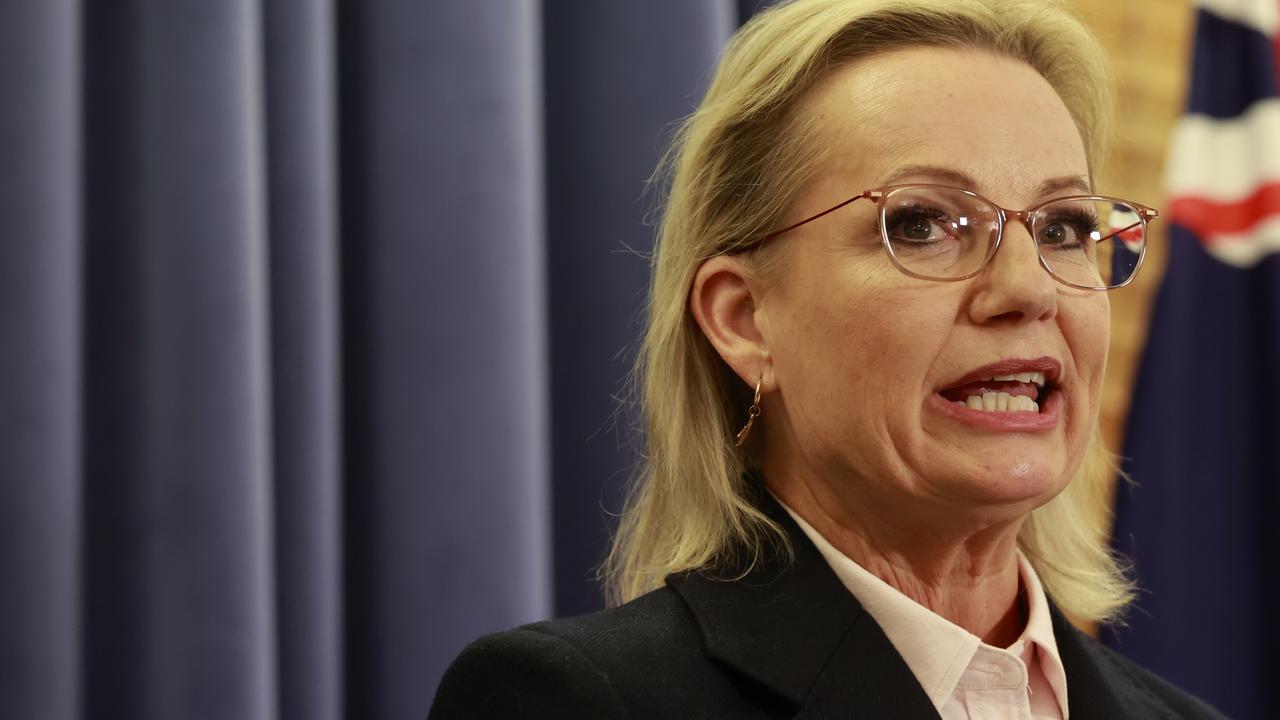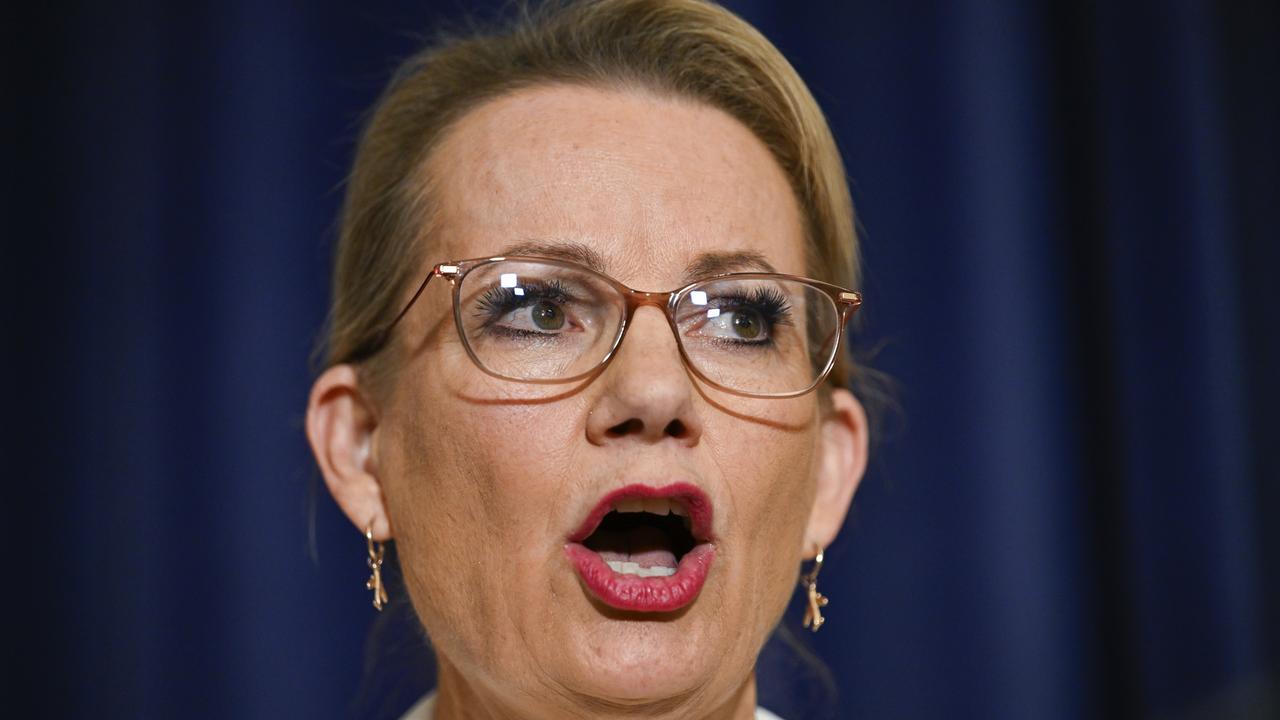Opinion: Big issue our leaders don’t want to mention
THERE was one issue our political leaders weren’t talking about this week – the release of figures which show Australian workers are doing it tough.
Analysis
Don't miss out on the headlines from Analysis. Followed categories will be added to My News.
YOU might think the worsening drought conditions stretching from China to Indonesia and India wouldn’t be having any impact on the current federal election campaign.
While that supposition sounds reasonable, the counterpoint has just as much going for it.
According to economic research firm CEIC, these conditions – which are getting close to “worse ever” territory – have seen vegetable prices in China jump 22.6 per cent and an equally alarming 18 per cent in Indonesia over the past 12 months. South Korea also is feeling the heat, so to speak, with vegetable prices climbing by almost 20 per cent.
UNEMPLOYMENT: Slump in hours worked cloud jobs data
Across Asia, overall food prices have risen by almost 5 per cent, according to data from Hong Kong finance houses. This is more than double the inflation rates averaged across Asia and almost triple when India (which has a rate of more than 5 per cent) is excluded.
The link from these weather conditions and food prices to Australian politics is that this food price inflation is being felt in Australia, especially as similar El Nino conditions have been putting pressure on domestic prices at Australian markets and supermarkets.
Welcome to the great sleeper issue of this drawn-out election campaign: the cost of living. The one issue our political leaders didn’t talk about this week was the quarterly wage growth index released on Wednesday which showed Australian workers have suffered a decrease in the value of their wages for more than two years.
This tells us why people are anxious about their economic and job security and why everyone thinks their ability to make ends meet is being stretched to the limit.
A survey in Queensland this week found a third of people couldn’t rustle together $1000 in an emergency, and worry if their jobs are safe.
Families also worry whether the economic outlook is good enough to provide any genuine promise for sons and daughters to get gainful employment – jobs beyond a few hours riding a bike for a food delivery service or an occasional Uber shift.
The employment data which followed those wage growth figures might have been “good news” superficially but the story behind the numbers was not so rosy.
The increase in employment was mainly down to more women working, which usually means growth in casual work, and a corresponding drop in men in work tells us full-time jobs are down.
But remember that, to be included in the number of Australians working, someone need only do one hour of work.
The Coalition’s overarching theme of “jobs and growth” is aimed at reassuring people there is a plan which will create the conditions to secure jobs. The downside is that some government measures work the other way and add to the cost of living, especially for lower and middle income families.
Labor is promoting some measures that will “ease the squeeze” – to revive a phrase from Mark Latham – such as the unfreezing of the indexation of the Medicare rebate, a way to immediately lower the cost of going to the GP.
Labor’s campaign doesn’t appear structured to take advantage of cost of living issues, despite the opportunities on offer.
Maybe someone in the ALP bunker should take some time to join up some dots – even if they do traipse through East Asia and the local grocery store.
Dennis Atkins is The Courier-Mail’s national affairs editor
Originally published as Opinion: Big issue our leaders don’t want to mention


